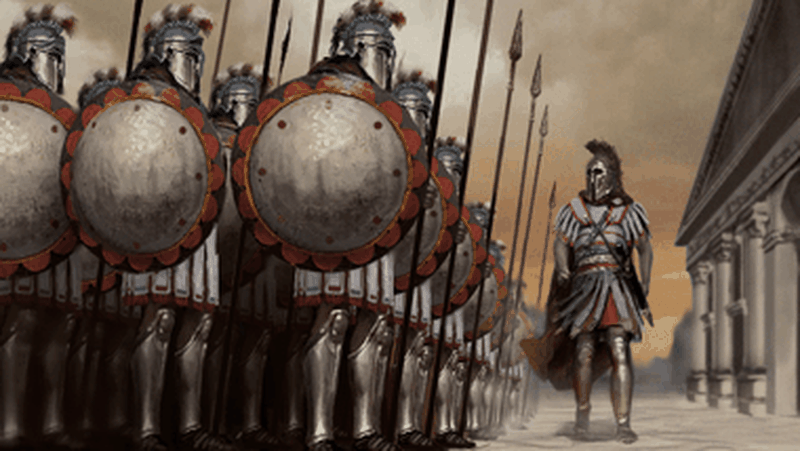
The Month of Tevet and the Greeks
by Nalini Ibragimov
I’m not one for war games but if I was a warrior, I think I would be all in and set out to destroy. Given that context, I find it interesting that the Greek army, which was renowned for their strength and might, for their weapons and technology, did not demolish all that they had intended. Antiochus and his army was responsible for killing thousands of Jews. He was responsible for issuing harsh religious decrees, that if violated, were punishable by death. They wreaked havoc, caused bloodshed and placed idols in the Temple. Now if I was a soldier in the Greek army, and I came upon some small bottles of oil, I would have swung my weapon and smashed them to smithereens along with everything else. But instead, the soldiers carefully removed the seal of the high priest on each small cruse of oil. It seems so incongruous. The image of a Greek soldier, pausing, picking up a jar, removing the seal and placing it down again does not fit with the ravage surrounding the rest of the story. Why did they seemingly exercise restraint? Truthfully, the Greeks did not have an issue with the menorah being lit. It was a beautiful, artistic, and cultural experience. But lighting it with holy oil was something else entirely that could not be tolerated by Greek philosophy. Holy oil, oil that bore the seal of the kohen gadol, implied that there’s something beyond what can be seen. Greek philosophy glamorized logic, science, the arts, culture, and the human body. Anything beyond the realm of the mind and the body became the enemy. Anything that could not be seen, grasped and understood by the human intellect was an evil adversary. The fact that the Jews believed in a God that could not be seen and could not be understood was diametrically opposed to Greek philosophy. The Greeks took issue with those things that are hidden. For that which is hidden is the most holy. And, in fact, one of the meanings of the word tzina, the root word of tzniut, is hidden. When a person has developed the quality of hiddenness, she will be able to masterfully connect to that which is hidden. And perhaps one message of Chanukah is to notice that which is hidden, to see beyond the natural world and touch a piece of the Divine, to reach for the eight, the upright symbol of Infinity. After we light the menorah we sing haneirot halalu, where we state that the Chanukah candles are not for any functional purpose. Rather, they are meant to only be gazed upon and appreciated for their inherent holiness, without any other practical function. The Jews understood that if we want to see beyond the external, we must use oil that is loftier in nature. We have to look deeper. The Greeks exercised restraint and did not smash the jars of oil because they could only appreciate the superficial, external light that could be generated from regular oil.Yet every creation possesses a quality of holiness, a beauty and purpose that demands pause and reflection to see beyond the surface. Every human being is brimming with inherent beauty, holiness and potential. It is incumbent upon us to notice that which is hidden which in turn will access the ultimate light of connection and unity to the world. Rosh Chodesh Tevet, connected to the word tov, goodness – may it be a month where we continuously see the beauty and goodness in every person and situation. Chanukah sameach and Chodesh tov (a day late!) 🙂